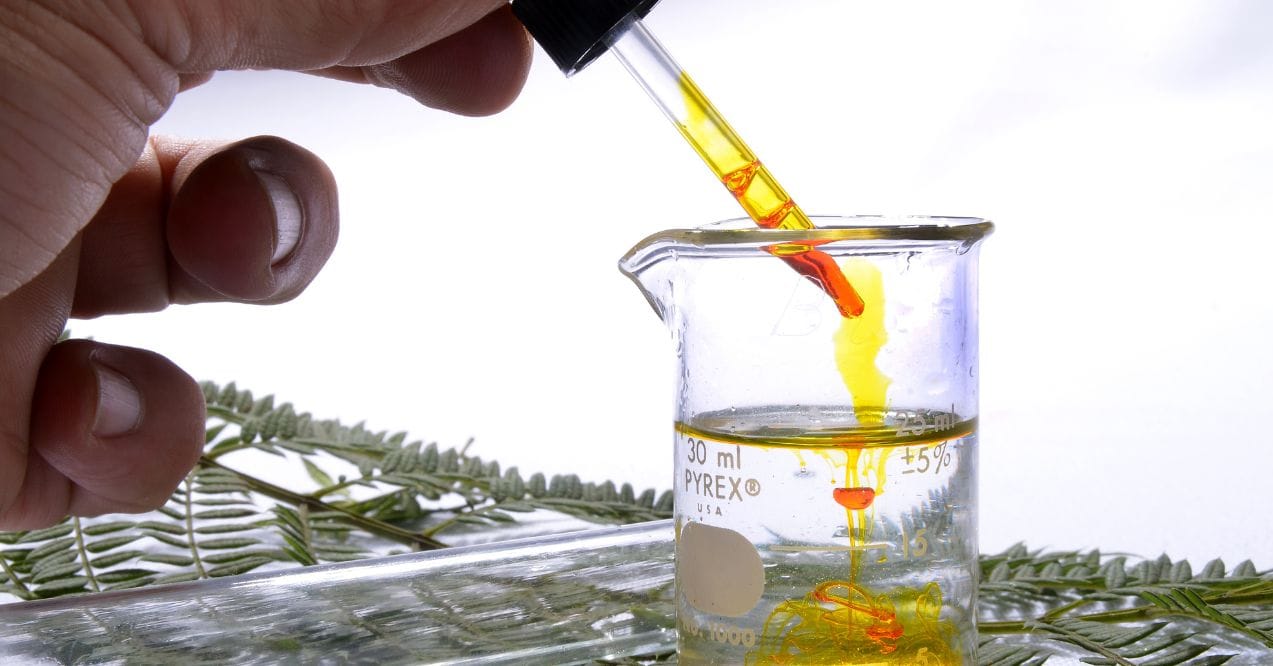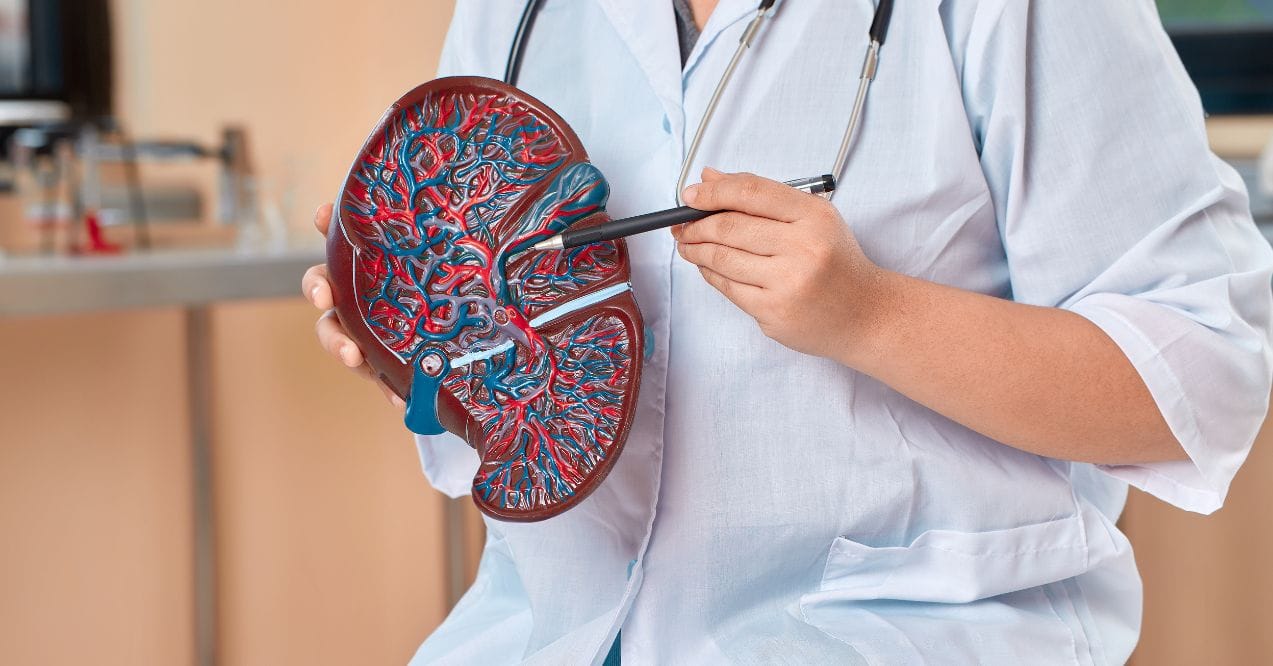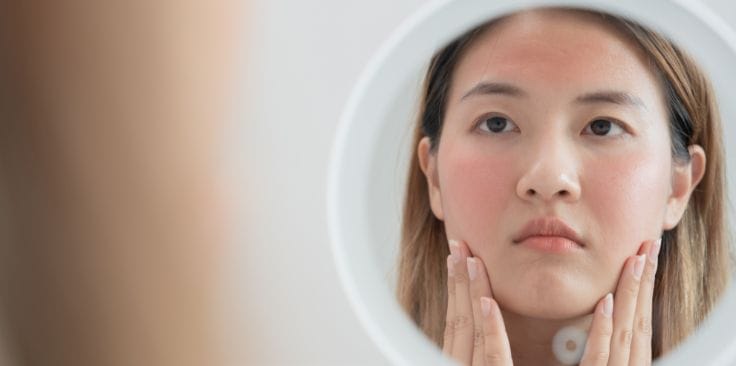How Coffee Can Affect Liver Enzymes?
Medically reviewed by our experts


Many of us start our day with a steaming cup of coffee, but can coffee affect liver enzymes? Recent research has revealed fascinating connections between our favorite morning beverage and liver function. In this blog, we’ll explore the relationship between coffee and liver enzymes, understand the science behind these effects, and learn about finding the right balance in your daily coffee routine.
Key Article Findings
- Moderate coffee consumption (2-3 cups daily) may support healthy liver enzyme levels through its antioxidants
- Too much coffee (over 4 cups) could strain your body and affect liver function
- Coffee benefits work best alongside a balanced lifestyle including good nutrition and regular movement
What Are Liver Enzymes?
Think of liver enzymes as your body’s natural messengers. These special proteins help your liver carry out its essential tasks of processing nutrients and maintaining overall health. Two key enzymes, ALT and AST, work like busy workers inside your liver cells. When your liver experiences stress, these enzymes can leak into your bloodstream at higher levels than usual.
Various factors can lead to elevated liver enzymes, including certain health conditions, viral infections, and alcohol consumption. While some fluctuation in enzyme levels is normal, sustained higher levels might indicate that your liver needs extra attention and care.
Regular monitoring of these enzymes helps track your liver’s wellbeing, much like checking the oil levels in your car ensures everything runs smoothly.
How Coffee Can Affect Liver Enzymes
Your daily cup of coffee does more than just brighten your morning – it contains powerful compounds that may support liver health. Here’s how can coffee affect liver enzymes:
- Natural Antioxidants – Coffee is rich in polyphenols and other antioxidants that help maintain healthy liver enzyme levels. These compounds work like natural protectors for your liver cells.
- Research-Backed Benefits – Studies have shown that regular coffee drinkers often display lower levels of both ALT and AST enzymes in their blood tests, suggesting coffee’s supportive role in liver health.
- Beneficial Compounds – Beyond caffeine, coffee contains hundreds of helpful substances, including special compounds called cafestol and kahweol. These natural elements work together to support your liver’s normal functions.
- Consistent Benefits – Research indicates that regular, moderate coffee consumption tends to show more positive associations with liver enzyme levels compared to occasional coffee drinking. It’s the steady, consistent intake that appears to make a difference.
Remember that while coffee shows promising benefits for liver health, it’s just one piece of the puzzle. A balanced approach to wellness, including other healthy lifestyle choices, remains essential for maintaining optimal liver function.
The Science Behind Coffee’s Liver-Boosting Benefits
Let’s peek behind the coffee curtain to understand what makes this beloved beverage so special for liver health. It all starts with antioxidants – coffee is actually one of the richest sources of these beneficial compounds in the Western diet.
When you sip your morning coffee, you’re consuming powerful polyphenols that support your liver’s natural processes. These compounds work at the cellular level, helping to maintain normal inflammatory responses in liver tissue. Think of antioxidants as your liver’s personal support team, helping it function at its best.
Multiple research studies have found fascinating connections between regular coffee consumption and liver health markers. Scientists have observed that coffee’s natural compounds appear to work together in harmony, creating what they call a “synergistic effect.” This means the components in coffee work better as a team than they would individually.
The best part? These benefits seem to accumulate over time with regular, moderate consumption. It’s like making a long-term investment in your liver health, one cup at a time.
The Risks of Excessive Coffee Consumption
While coffee can be beneficial, too much of a good thing may have drawbacks. Understanding the balance is key to making informed choices about your coffee consumption:
- Sleep and Stress Impact – Drinking too much coffee (more than 3-4 cups daily) can disrupt your sleep patterns and increase stress levels. Both of these factors can affect your liver’s natural rhythm and function.
- Individual Sensitivity – Some people are more sensitive to coffee’s effects than others. Signs that you might be consuming too much include jitters, rapid heartbeat, or digestive discomfort – all of which can put extra strain on your body’s systems.
- Quality Matters – Not all coffee is created equal. Low-quality coffee may contain substances that could potentially irritate your system. Choose high-quality beans and pay attention to how your body responds.
- Timing Considerations – Drinking coffee late in the day can affect your sleep cycle, which in turn may impact your liver’s natural regeneration processes that occur during rest.
How Much Coffee Is Beneficial for Liver Enzymes?
When it comes to supporting healthy liver enzyme levels, research points to a sweet spot in coffee consumption. Most studies suggest that moderate coffee intake – about 2-3 cups per day – may offer the most favorable relationship with liver enzyme levels.
Keep in mind that a “cup” here means about 8 ounces of coffee, not a large café-sized drink. Everyone responds differently to coffee, so it’s important to pay attention to your body’s signals and adjust accordingly. Some people might find their ideal amount is less, while others may comfortably enjoy a bit more.
If you’re sensitive to coffee, consider starting with smaller amounts and gradually adjusting based on how you feel.
Other Lifestyle Factors That Affect Liver Enzymes
While coffee can play a supportive role in maintaining healthy liver enzyme levels, it works best as part of an overall healthy lifestyle. Here are key factors that can help maintain optimal liver function:
- Balanced Nutrition – A diet rich in whole foods, especially colorful fruits and vegetables, provides natural compounds that support liver health. Mediterranean-style eating patterns have shown particularly promising results for maintaining healthy liver function.
- Regular Movement – Physical activity helps maintain healthy liver enzyme levels. Even moderate exercise like daily walks, swimming, or gentle yoga can make a difference. Aim for activities you enjoy and can maintain consistently.
- Rest and Recovery – Quality sleep gives your liver time to perform its natural maintenance processes. Try to maintain regular sleep patterns and aim for 7-8 hours of rest each night.
- Mindful Choices – Consider limiting alcohol intake and being aware of processed food consumption. Your liver appreciates when you make conscious decisions about what you consume.
Conclusion
So, can coffee affect liver enzymes? Research suggests that moderate coffee consumption may indeed support healthy liver enzyme levels. The key is balance – enjoying your daily coffee as part of an overall healthy lifestyle. While everyone’s needs are different, mindful coffee consumption, along with other positive lifestyle choices, can contribute to maintaining optimal liver function.
Consuming alcohol while liver enzymes are elevated can put additional stress on your liver’s natural functions. This may lead to further increases in enzyme levels and affect your liver’s ability to maintain normal function.
Focus on supporting liver health by limiting alcohol intake and processed foods. Consider reducing caffeine consumption if excessive. Pay attention to your body’s signals and maintain regular physical activity and balanced nutrition.
Intense exercise, certain supplements, and some natural herbs may temporarily affect liver enzyme readings. Other factors include rapid changes in diet, dehydration, and lack of proper rest. These effects are usually temporary.
Professional, C. C. M. (2024). Enzymes. Cleveland Clinic.
Daniel, C. (2024). AST and ALT Liver Enzymes: Measures of Liver Function. Verywell Health.
Elevated liver enzymes Causes. (n.d.). Mayo Clinic.
Yamagata, K. (2018). Do coffee polyphenols have a preventive action on metabolic syndrome associated endothelial dysfunctions? An assessment of the current evidence. Antioxidants, 7(2), 26.
Heath, R. D., et al. (2017). Coffee: The magical bean for liver diseases. World Journal of Hepatology, 9(15), 689.
Socała, K., et al. (2020). Neuroprotective effects of coffee bioactive Compounds: a review. International Journal of Molecular Sciences, 22(1), 107.
Degertekin, B., et al. (2020). Regular coffee intake improves liver enzyme levels and liver histology in patients with chronic alcohol consumption, non-alcoholic fatty liver and non-alcoholic steatohepatitis: Report of 259 cases. Hepatology Forum/Hepatology Forum (Online).
Li, S., et al. (2018). The potential and action mechanism of polyphenols in the treatment of liver diseases. Oxidative Medicine and Cellular Longevity, 2018(1).
Ialongo, D., et al. (2023). Synergistic Effects of Caffeine in Combination with Conventional Drugs: Perspectives of a Drug That Never Ages. Pharmaceuticals, 16(5), 730.
Wadhawan, M., & Anand, A. C. (2016). Coffee and liver disease. Journal of Clinical and Experimental Hepatology, 6(1), 40–46.
Zelber-Sagi, S., & Moore, J. B. (2024). Practical lifestyle management of nonalcoholic fatty liver disease for busy clinicians. Diabetes Spectrum, 37(1), 39–47.
Shamsoddini, A., et al. (2015). Effect of aerobic and resistance exercise training on liver enzymes and hepatic fat in Iranian men with nonalcoholic fatty liver disease. Hepatitis Monthly, 15(10).
Office of the Commissioner. (2024). Spilling the Beans: How Much Caffeine is Too Much? U.S. Food And Drug Administration.
Popular Articles
Advertisement. This site offers health, wellness, fitness and nutritional information and is designed for educational purposes only. You should not rely on this information as a substitute for, nor does it replace, professional medical advice, diagnosis, or treatment. If you have any concerns or questions about your health, you should always consult with a physician or other health-care professional. Do not disregard, avoid or delay obtaining medical or health related advice from your health-care professional because of something you may have read on this site. The use of any information provided on this site is solely at your own risk.













